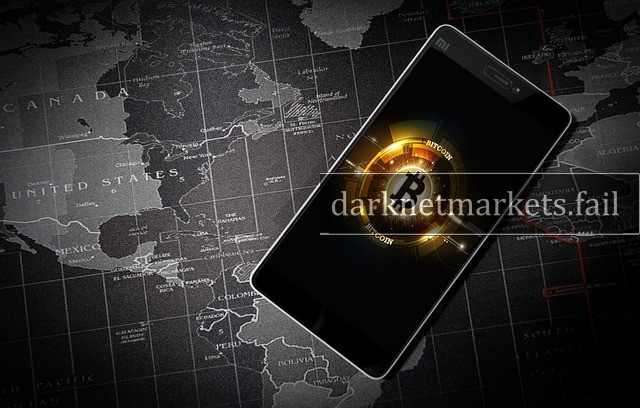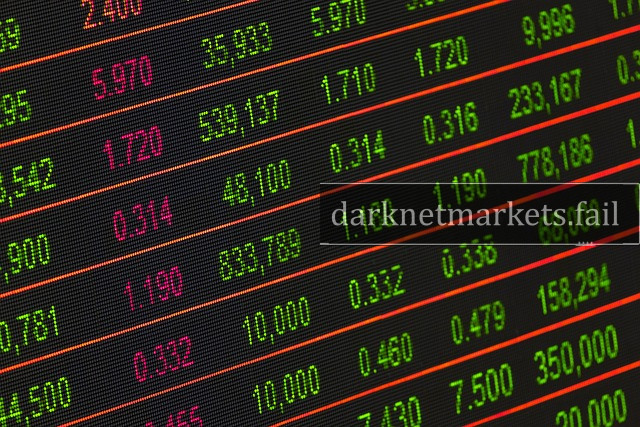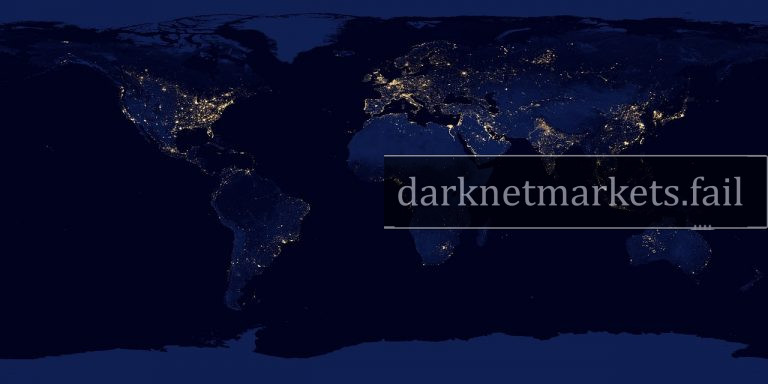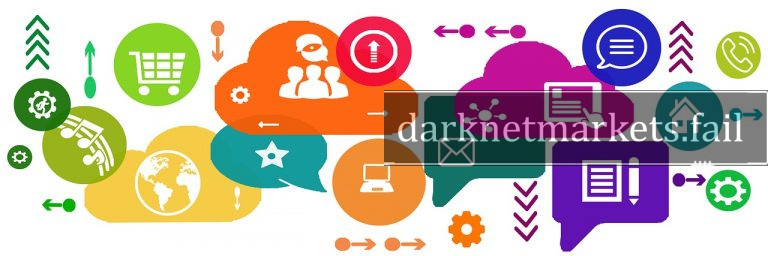Darknet Markets: An In-Depth Guide to the Hidden Web Economy

Introduction
Darknet markets have long captured the curiosity of many internet users, both for their mystery and for the controversy surrounding them. Hidden beneath the surface of the public internet, these underground marketplaces operate on the dark web, primarily through the Tor network, and allow users to buy and sell goods anonymously using cryptocurrencies like Bitcoin and Monero.
This blog post explores what darknet markets are, how they function, how to access them safely, and the legal and ethical implications surrounding their existence. Whether you’re researching the topic for academic purposes or are just curious about the deep web ecosystem, this guide provides a thorough overview.

What Are Darknet Markets?
Darknet markets, also known as dark web marketplaces, are e-commerce platforms that exist on the dark web. Unlike traditional websites, they require special software like Tor (The Onion Router) to access, and their URLs typically end in .onion. These marketplaces offer a range of products and services, including but not limited to:
- Digital goods (hacked accounts, software keys, databases)
- Drugs and pharmaceuticals
- Counterfeit items
- Fake IDs and documents
- Hacking tools and services
- Cryptocurrency laundering services
While these platforms often host illicit activity, they also attract privacy-conscious individuals who are interested in anonymous trading for legal reasons.
The Evolution of Darknet Markets
The most well-known darknet market was Silk Road, launched in 2011. It was the first of its kind to gain global attention, primarily offering illegal drugs in exchange for Bitcoin. After its seizure and shutdown by the FBI in 2013, many successors appeared, including AlphaBay, Hansa Market, and Dream Market.
Most darknet markets follow a similar structure to mainstream e-commerce platforms, with product listings, vendor ratings, customer reviews, and dispute resolution systems. However, due to the underground nature of these platforms, many are short-lived, facing shutdowns from law enforcement or “exit scams” where admins disappear with users’ funds.
How to Access Darknet Markets Safely
Warning: Accessing darknet markets is not illegal in itself, but participating in illegal activities or transactions is.
If you’re looking to explore darknet markets for research or educational purposes, here are basic safety guidelines:
- Use the Tor Browser: This is essential for accessing .onion sites.
- Verify Links Carefully: Always use verified and up-to-date darknet market links to avoid phishing scams. Platforms like DarkNetMarkets (your one-stop .onion link directory) can help ensure safety.
- Use a VPN: This adds an extra layer of anonymity before launching Tor.
- Create a New Identity: Use a burner email and anonymous username.
- Only Use Privacy-Focused Cryptocurrencies: While Bitcoin is common, Monero offers more anonymity.
- Don’t Download Files or Click Suspicious Links: Malware is common in darknet environments.
The Role of Cryptocurrency in Darknet Trading
Cryptocurrencies are the backbone of darknet market transactions. They allow for pseudo-anonymous payments that aren’t tied directly to a user’s real-world identity. The most popular cryptocurrencies on these platforms include:
- Bitcoin (BTC): Widely accepted but traceable through blockchain analysis.
- Monero (XMR): Favored for its privacy features.
- Litecoin (LTC) and Ethereum (ETH): Accepted by some vendors for their speed and low fees.
Darknet vendors often offer instructions for how to acquire and send cryptocurrencies safely, including the use of mixers and tumblers to obfuscate transaction trails.
The Cat-and-Mouse Game With Law Enforcement
Darknet markets operate in a constant battle with international law enforcement agencies. Organizations like the FBI, Europol, and Interpol collaborate to identify, infiltrate, and shut down major marketplaces.
Some notable takedowns include:
- Silk Road (2013)
- AlphaBay (2017)
- Wall Street Market (2019)
These operations usually involve undercover agents, blockchain tracing, and exploiting vulnerabilities in the marketplaces’ server configurations.
The Ethical and Legal Landscape
There’s an ongoing debate about the existence of darknet markets. On one hand, they foster illegal activity, such as drug trafficking and identity theft. On the other hand, they are seen as a tool for resisting censorship and supporting freedom of expression, especially in authoritarian regimes.
Some users defend darknet markets as platforms that promote privacy rights, anti-surveillance, and access to information. However, governments argue that the public safety risks outweigh the benefits.
Conclusion
Darknet markets represent a hidden yet significant segment of the internet. With roots in crypto-anarchy and digital privacy, these platforms have evolved into complex ecosystems that mirror traditional online marketplaces. Whether viewed as a digital black market or a haven for privacy advocates, darknet markets are a fascinating example of how technology can be used in both constructive and destructive ways.
If you’re planning to explore these markets, always prioritize security, anonymity, and legality. And for verified, regularly updated .onion links to marketplaces, forums, and security tools, platforms like DarkNetMarkets can serve as a trustworthy resource.



